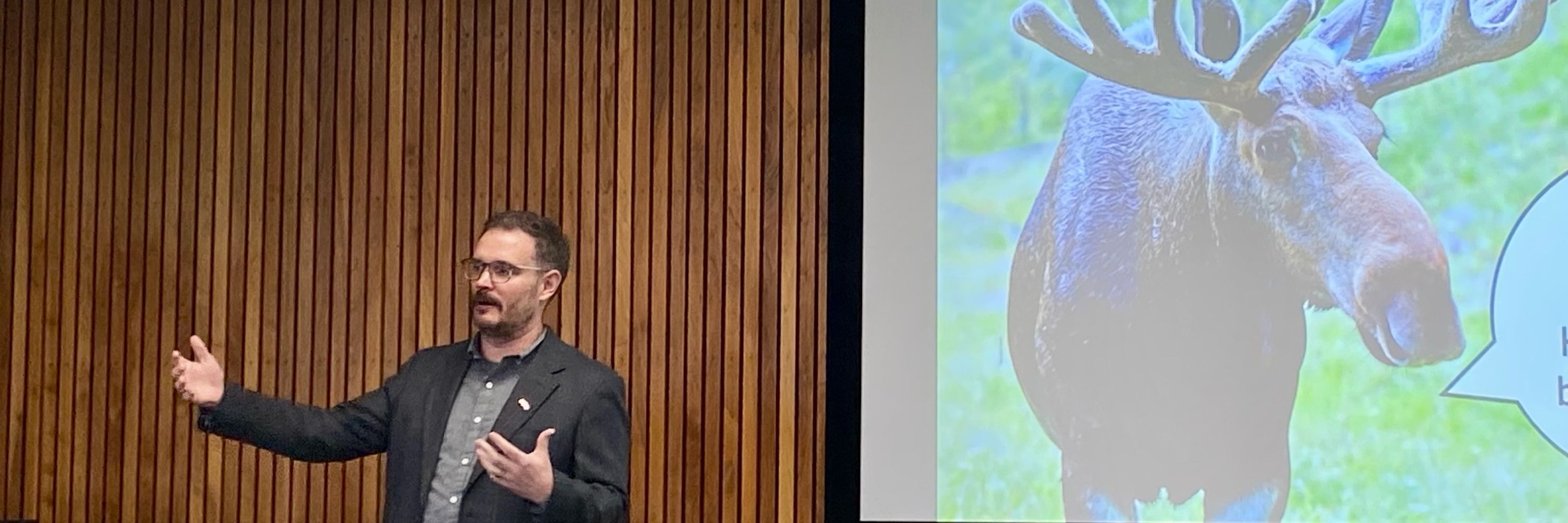
jeffmanuel.com

www.oupress.com/978080619601...

www.nytimes.com/2025/11/25/m...

www.nytimes.com/2025/11/25/m...
🗃️

🗃️
for endlessly writing "superscript footnote numbers go *after* the punctuation mark"
for endlessly writing "superscript footnote numbers go *after* the punctuation mark"
www.nytimes.com/2025/11/20/w...

www.nytimes.com/2025/11/20/w...
blog.google/outreach-ini...

blog.google/outreach-ini...
www.commonplace.org/p/end-the-ba...

www.commonplace.org/p/end-the-ba...
www.upress.umn.edu/978081669430...
🗃️

www.upress.umn.edu/978081669430...
🗃️
🗃️
lsupress.org/978080718602...

🗃️
lsupress.org/978080718602...
www.globenewswire.com/news-release...

www.globenewswire.com/news-release...
Profs, if your students do something cool that’s public-facing, write up a little press release and get it out to local media!
fox2now.com/news/illinoi...
Profs, if your students do something cool that’s public-facing, write up a little press release and get it out to local media!
fox2now.com/news/illinoi...
featherstone.university
featherstone.university

press.umich.edu/Books/T/Team...

press.umich.edu/Books/T/Team...



arktimes.com/arkansas-blo...

arktimes.com/arkansas-blo...


jobs.uc.edu/job/Cincinna...
jobs.uc.edu/job/Cincinna...

